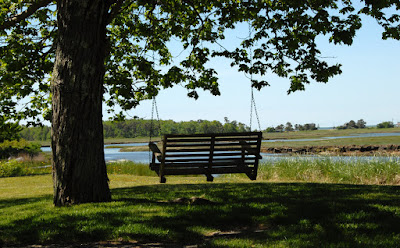
"Learning about what you don't know and then writing about it is akin to continuing your education on a scholarship." Marshall Krantz (1996)
Read-Write Connection
This line from Krantz's book Ideas and Research reminds me that reading and writing go hand-in-hand. I'm quite aware that reading and writing are cognitively diverse operations. Reading is about decoding symbols and connecting personal knowledge with the author's words to generate the author's intended message supported by the textual evidence. Writing is about composing ideas from personal, situational, and worldly contexts then transcribing them into words - articulating noises in our minds - that we must then conjure up appropriately-related symbols that eventually will convey the same thoughts as we intended them to mean.
Mind Tools
My point is that reading and writing are tools of the mind - a way to process and share thoughts.
Often learners (and tutors) don't want to write because the process (especially spelling and grammar) seems cumbersome. And, writing always takes more time than talking. Writing, however, forces us to think and articulate our thoughts in ways that are very different than talking.
Deep Thinking
My push is to get more people to think more deeply about what they are learning or want to learn and get them to record these thoughts on paper.
Writing about what you've just read in your own words requires reflective thought. Time spent in reflection strengthens and deepens learning - creating and dedicating more synapses to the content and process of our intentional focus.
What do you do to help you think
deeply about what you are learning?
